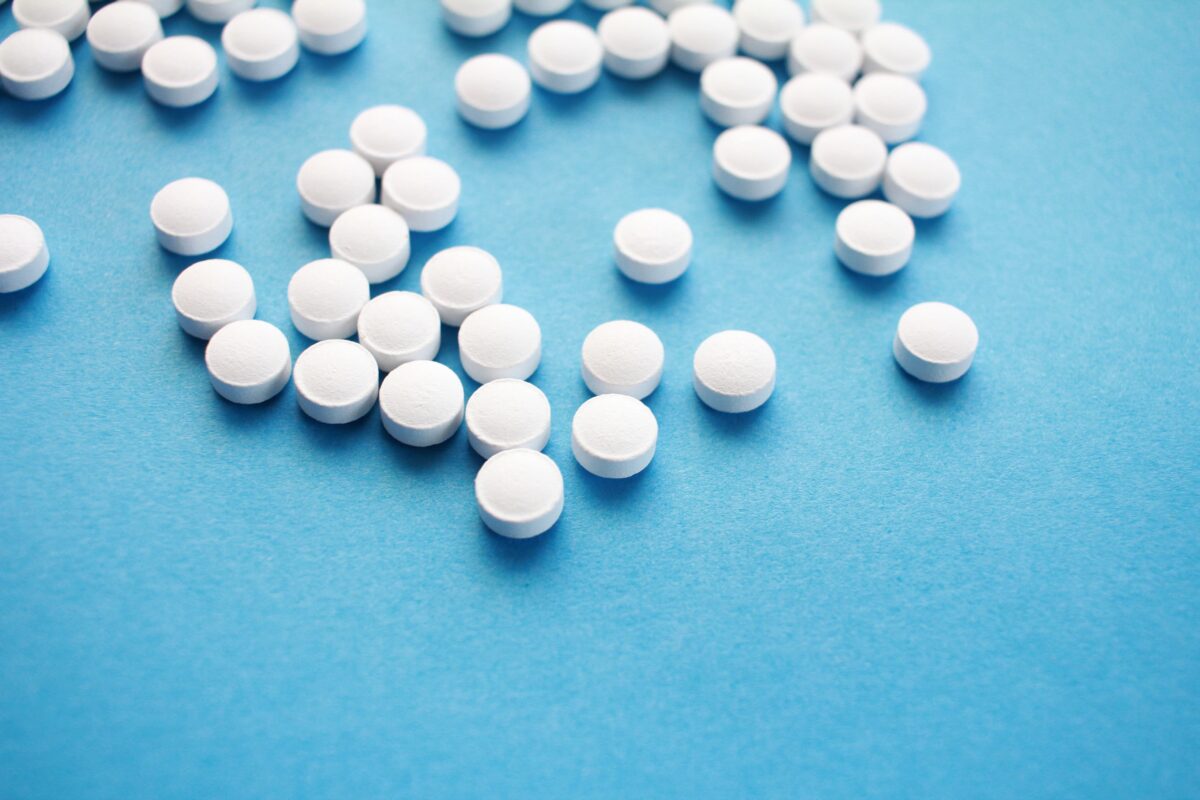Treatments to Consider with Fewer Side Effects
In most patient cases, antidepressants are currently the primary treatment used to treat Major Depressive Disorder (MDD). They can play a key role in decreasing or eliminating the symptoms of depression. Antidepressants are some of the most prescribed medications in the world, and researchers generally agree that they are effective. However, antidepressants are often associated with significant or unpleasant side-effects, can fail to alleviate depression in many people, or can even stop working after a period of time.
Approximately 40% of people do not respond to the first antidepressant that is used to treat their depression. If a person does respond, some will have depression symptoms return within months or within two years. In fact, antidepressants can stop working in up to 25% of people within the first year, and may cause side effects that can outweigh the benefits of the medication.
Side Effects of Antidepressants
Antidepressants can cause side effects that range from unpleasant to intolerable to life threatening. A few of the more common side effects can include:
- Nausea
- Weight gain
- Fatigue
- Insomnia
- Dry mouth
- Constipation
- Dizziness
- Sexual side effects
Less common, and more severe side-effects can include:
- Seizure
- Serotonin Syndrome
- Hyponatremia (low sodium levels).
- Allergic reaction
- Mania
Why Antidepressants Can Stop Working
If you are taking antidepressants to control your depression, and you have noticed that the medication does not seem to have the same effect as it used to, you are not alone. While it is often not known exactly why antidepressants can stop working, some reasons include:
- Other medications, even over the counter medications may be interfering with your antidepressant effectiveness.
- Underlying medical conditions such as hypothyroidism, obesity, lupus, chronic pain conditions or malabsorption syndrome.
- Age can also be a factor. As we age, depressive symptoms can worsen, due to changes in your brain. Your body, as it ages, also may process medication differently.
If you are taking a medication and your depressive symptoms resurface, it is important to speak to your doctor. Often, your doctor will discuss an alternative medication with you. However, there is a highly regarded study from the National Institute of Mental Health that concluded that Major Depressive Disorder (MDD) can be treatment-resistant for a large number of individuals. Moreover, by the time you have tried a third or fourth medication, the rates of remission from MDD dwindle to around 10%. So, if you suffer from MDD and you have noticed your symptoms returning, you are not alone.
If your antidepressants stop working, it might be time to start thinking “outside of the box.” Most importantly, do not despair. You still have options – we are going to focus on options that do not rely on your metabolic system or genetics to deliver relief as with antidepressants. First, if your prescriber is a primary care physician, it might be time to enlist the help of a psychiatrist. A psychiatrist has specialty training in treating MDD (as well as many other conditions). You could also consider additions to your treatment such as:
- Exploring therapy and enlisting the help of a Psychologist, Licensed Social Worker or other Psychotherapist
- Introduce exercise into your weekly routine. The benefits of exercise have been well-established in helping alleviate both depression and anxiety.
- Consider adding nutritional supplements such as Vitamin D3, Omega Oils, Vitamin B12 and B9. B9 and B12 can be especially important if you have a MTFHR enzyme deficiency. More information about Vitamins and the role of the MTFHR enzyme will be available in future blogs.
- Transcranial Magnetic Stimulation (TMS) therapy – TMS therapy uses gentle magnetic pulses at targeted areas of the brain to stimulate cells into activity, which can produce long-lasting results and greatly reduce depressive symptoms.
TMS is a non-invasive treatment approved by the FDA for the treatment of MDD in adult patients who have not seen improvement or relief from their depression. You can learn more about TMS Therapy in our recent blog, here.
The American Psychiatric Association has recommended the use of TMS for treatment of MDD since 2008. One form of TMS is classified as r-TMS and refers to “Repetitive TMS,” which uses short pulses of magnetic energy to stimulate the area of the brain that researchers believe control mood. The best news? TMS can be more effective than medication, has fewer – if any – side effects and is covered by most insurance.
During and after r-TMS therapy, many patients express that they wish they hadn’t waited so long before making the decision to try r-TMS. r-TMS treatments last 19 minutes each and are dispersed across 36 treatments, five days per week. Patients often report feeling better after a few treatments, though all patients respond differently, and some respond farther into their treatment course. Our patients describe r-TMS as “life changing” and often note that they are “enjoying life for this first time in a long time.” For more information on how r-TMS can change your life contact us at [email protected]

